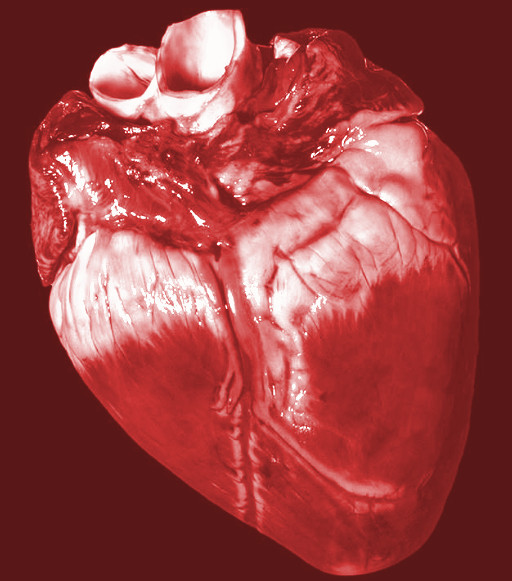Heart patches tested
 Scientists are working on engineered muscle grafts for heart repair.
Scientists are working on engineered muscle grafts for heart repair.
Researchers from Germany and the United States have developed a stem cell-based patch that could offer new hope for patients with heart failure.
The engineered muscle patch, created from induced pluripotent stem cells, has shown positive results in both primate studies and an initial human trial.
The patches were first tested on Rhesus macaques, where they were found to improve heart function over a three to six-month period.
The treatment increased heart wall thickness and contractility without adverse side effects like arrhythmia or tumour growth, which are common risks with previous heart cell implantation methods.
Encouraged by these outcomes, the team conducted a trial on a human patient with advanced heart failure.
The engineered heart muscle patch safely supported the heart’s ability to rebuild muscle, with early results showing no significant complications.
“Induced pluripotent stem cells can differentiate into any cell type in the body and have the ability to self-renew,” said Wolfram-Hubertus Zimmermann, the study’s lead author.
“This allows them to be added to a weakened heart muscle to rebuild the strength of its walls.”
Unlike heart transplants, which face limitations such as donor shortages and the need for lifelong immune suppression, the stem cell patch provides a potentially scalable solution.
The patch helps the heart regenerate muscle tissue, addressing the root cause of heart failure rather than merely managing symptoms.
Human clinical trials are planned to further assess the safety and effectiveness of the therapy.
The researchers believe this innovation could become a viable treatment for heart failure, a leading cause of death worldwide.
The full study is accessible here.








 Print
Print